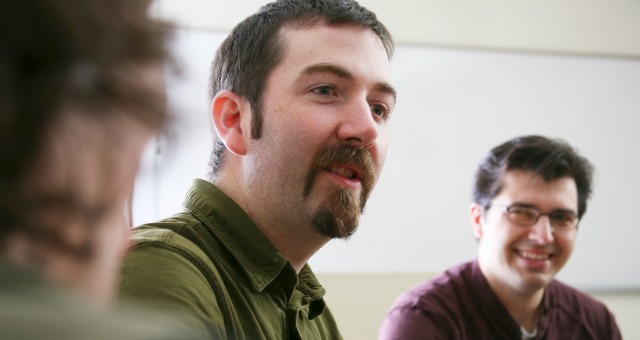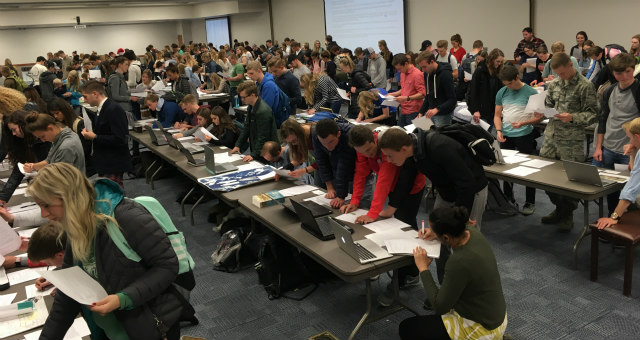From Summiting Bloom’s to Promoting Lifelong Learning
Bloom’s Taxonomy has long been regarded as the holy grail in leading students through a process of content mastery. The traditional journey begins with imparting information to learners and finds its apex in enabling learners to evaluate and assess knowledge claims. In theory, each step of the journey to mastery builds on prior steps.










